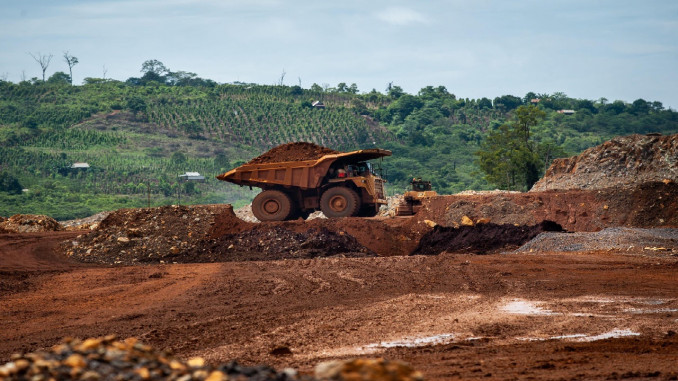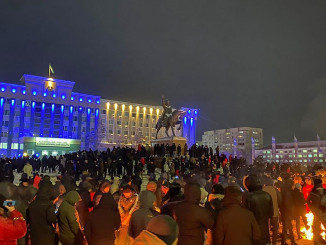
On Halmahera island in Indonesia, nickel mining operations are threatening the territory of one of world’s last remaining indigenous tribes living in voluntary isolation. Members of the O Hongana Manyawa tribe on Halmahera are some of the last “uncontacted peoples” on Earth, meaning they remain in voluntary isolation from the wider world, in the forests of the island where they lead their traditional way of life.
Recently, the O Hongana Manyawa tribe has come under greater threat after foreign companies and the Indonesian government have collaborated to allow the massive expansion of the Weda Bay Nickel Mining operation on Halmahera. Indonesia is the largest producer of nickel on Earth and thus is seen as a strategic economy in the growing supply chain to produce electric vehicle batteries.
Many companies such as Tesla have invested billions of dollars in the Indonesian economy in exchange for having a reliable supply of nickel from sites like Weda Bay. Companies such as Tesla have come under pressure from international advocacy organizations arguing that they are indirectly supporting the destruction of this tribe, and breaking international law by exploiting the land of uncontacted tribes without receiving free and informed consent to carry out the mining.
This is a modern version of how the desire for resources and greater profits under capitalism leads to the violent destruction of indigenous tribes and cultures.




